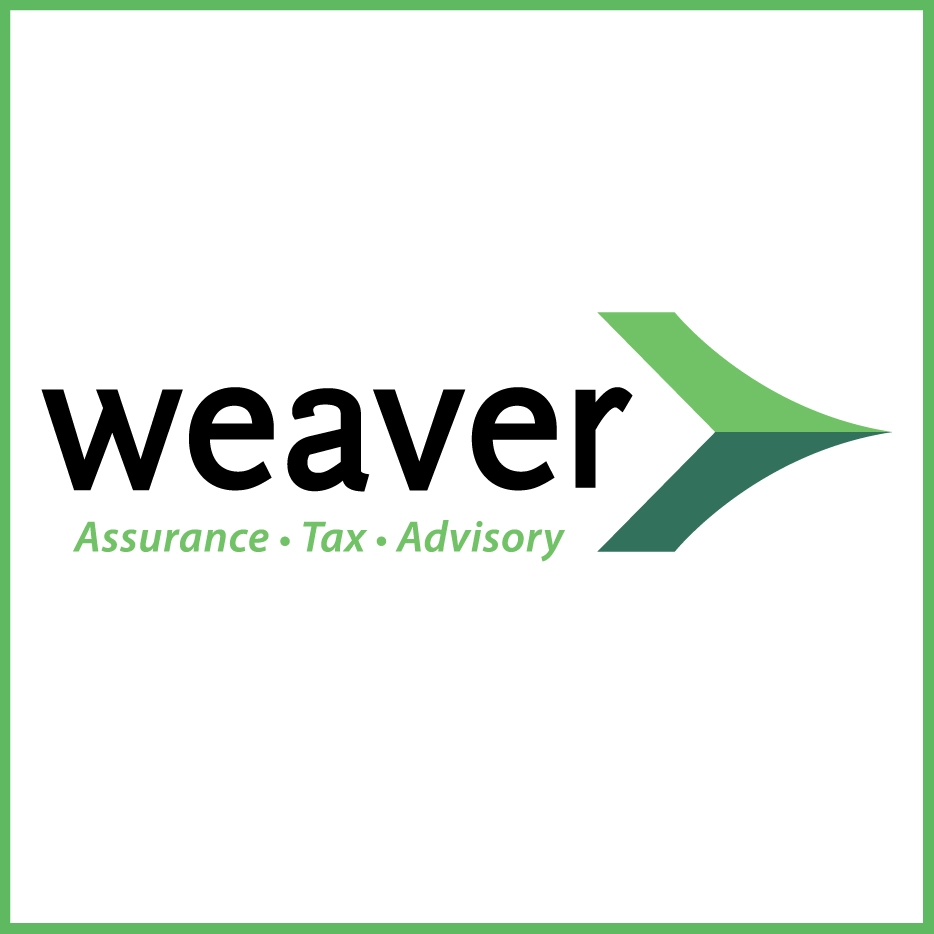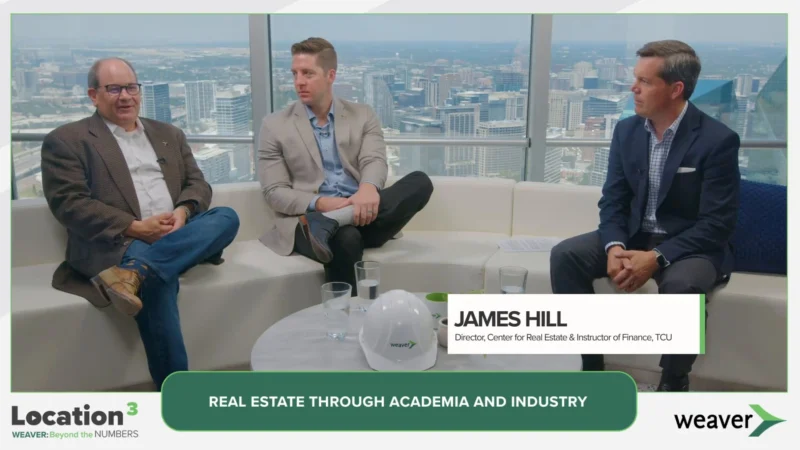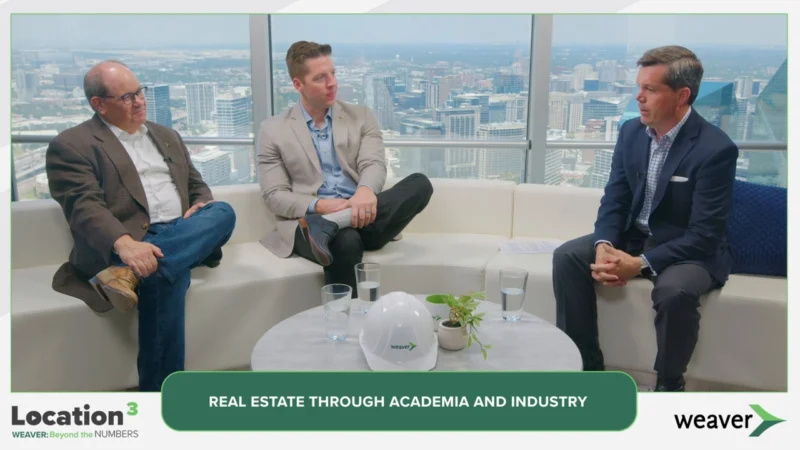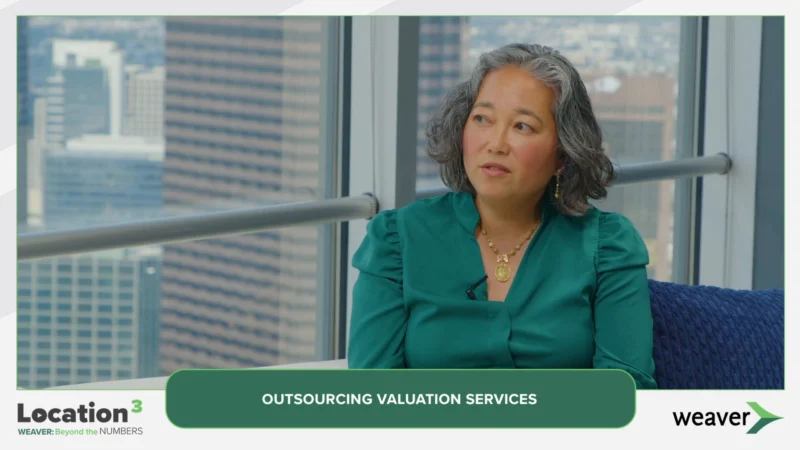Weaver Beyond the Numbers: Business of Government and The Single Audit Act with Jennifer Ripka and Jackie Gonzales
In this episode of the show, Jennifer Ripka, CPA, Partner at Weaver, and Jackie Gonzales, CPA, Partner at Weaver, discuss single audits and the challenges many government entities face with the influx of federal financial assistance over the last two years. Adam Jones, Stage Government Practice Leader at Weaver, points out, “There’s never been a year quite like the last couple of years in government assurance. We’ve seen a deluge of federal funds that don’t stop, and it’s put a lot of government and nonprofit agencies in a category they haven’t been in before – a single audit.”
The Single Audit Act was passed in 1984. It’s essentially a mini audit of federal financial assistance. The audit is triggered by spending $750,000 or more on federal awards in a single year.
The Journal of Accountancy reports, “More than 30,000 entities — primarily state, local, and tribal governments — have received funding as part of Treasury’s $350 billion Coronavirus State and Local Fiscal Recovery Funds (CSLFRF) program. Recipients that spend $750,000 or more in such aid in a given year are normally subject to a single audit. However, many CSLFRF funding recipients are very small local governments that may previously have had little to no experience with single audits.”
Ripka advises that identifying grants and federal funding is key to understanding if they have to adhere to single-audit rules. Some federal funds are exempt. “That identification piece is really, really important,” Ripka urges. It can be challenging to understand the agreements, and Gonzales encourages clients to reach out with questions. “That’s what we’re here for. We could talk about single audits for days,” says Gonzales.
Finally, accepting funding from grants also means that the entity must execute clear communication and transparency within its agency. Ripka warns that without it, entities could end up in “a situation where you are spending funds that finance doesn’t know about, and revenue recognition isn’t lining up.”
For the longevity of the entity, funding needs to be optimized between what’s allowable and the entity’s needs. This requires strategy and understanding of where the funds can be spent. Weaver can help ensure you remain in good standing with single audit rules wherever you find your entity this year. Visit weaver.com for more information.




